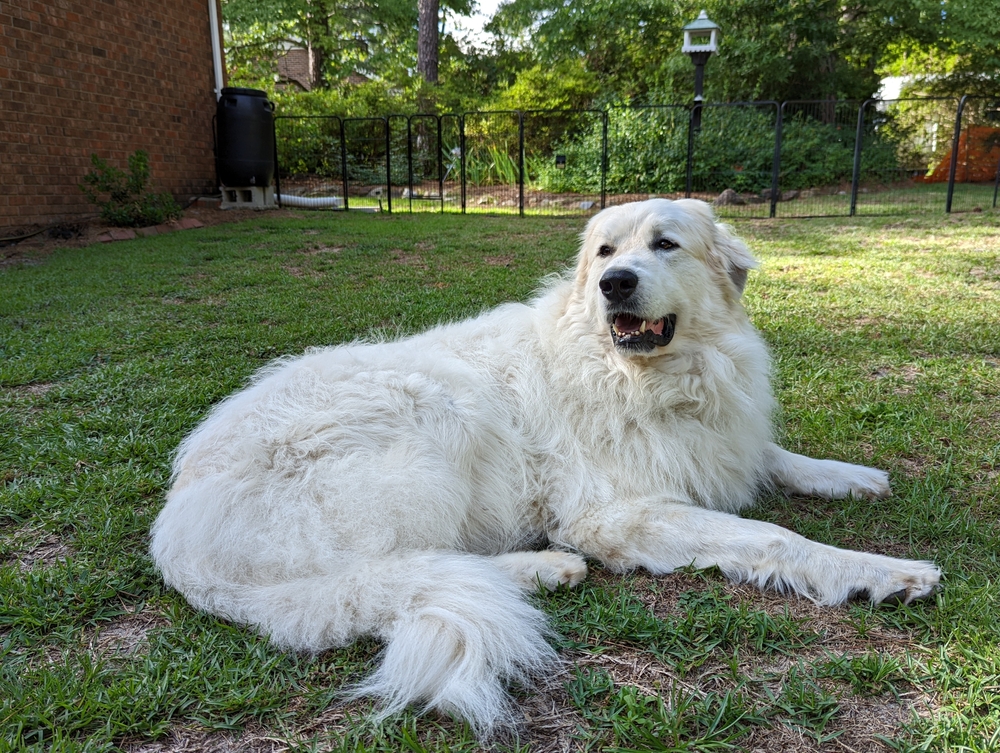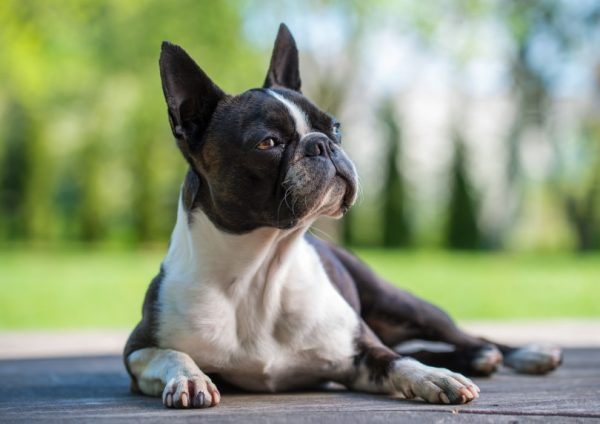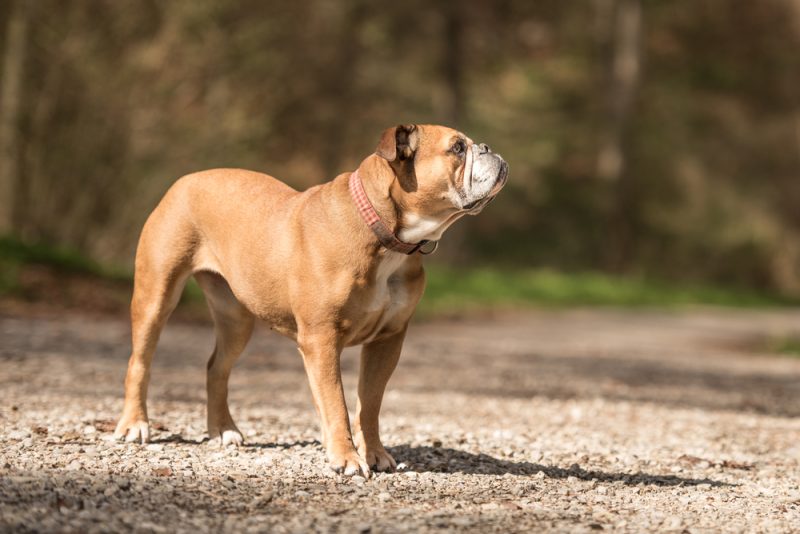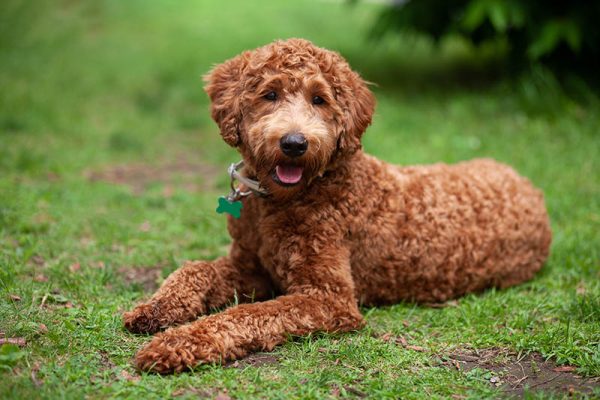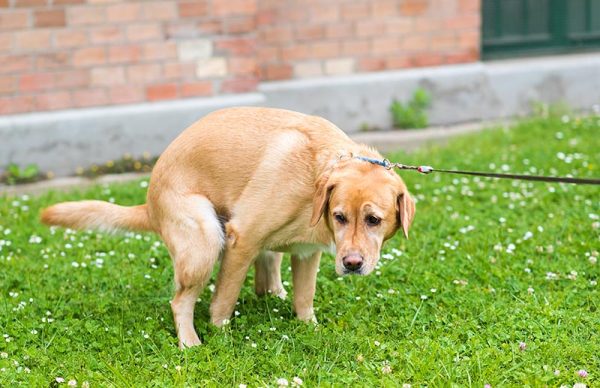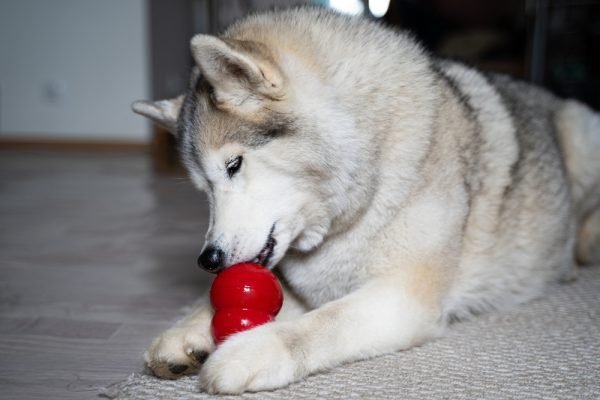In this article
The Great Pyrenees is a lovable dog, making the breed an excellent family pet, bred as herding dogs in the Pyrenees mountains. They are large animals, with males getting well over 100 pounds. That fact alone is one red flag to keep in mind when considering bringing a Great Pyrenees home to your pet cats. However, that doesn’t necessarily mean that you can’t raise them alongside felines. How your Great Pyrenees interacts with your cat largely depends on proper socialization and training between the two from an early age.

Are Great Pyrenees Good With Cats? The Importance of Training and Socialization
The answer to this question is that it depends on the individual dog and how they were raised. It is entirely possible for this breed to get along with cats, and anecdotally, many Great Pyrenees owners describe them as gentle giants, especially around felines. However, there are some arguments for when it wouldn’t be a good idea.
We have already mentioned this breed’s size. Even a puppy of this breed has the potential to hurt a cat during harmless play. Another factor to consider is the dog’s temperament, which is nurtured by the breed’s historic job as a livestock guardian. The Great Pyrenees may seem laid-back and easygoing. However, this pooch is alert to threats and can respond quickly if needed.
It is often their instinct to guard their herd against potential threats, and with cats being much smaller than the usual threats they would see, it’s unlikely they would consider them a significant threat. On the other hand, it is possible that they also consider your pet cats as their herd, meaning they could look out for them, too.
All in all, this is a hard question to answer and cannot be generalized. However, due to their size and temperament, it is safe to say that the two should always be supervised around each other if you do decide to house them together, and early socialization and training are crucial for success.
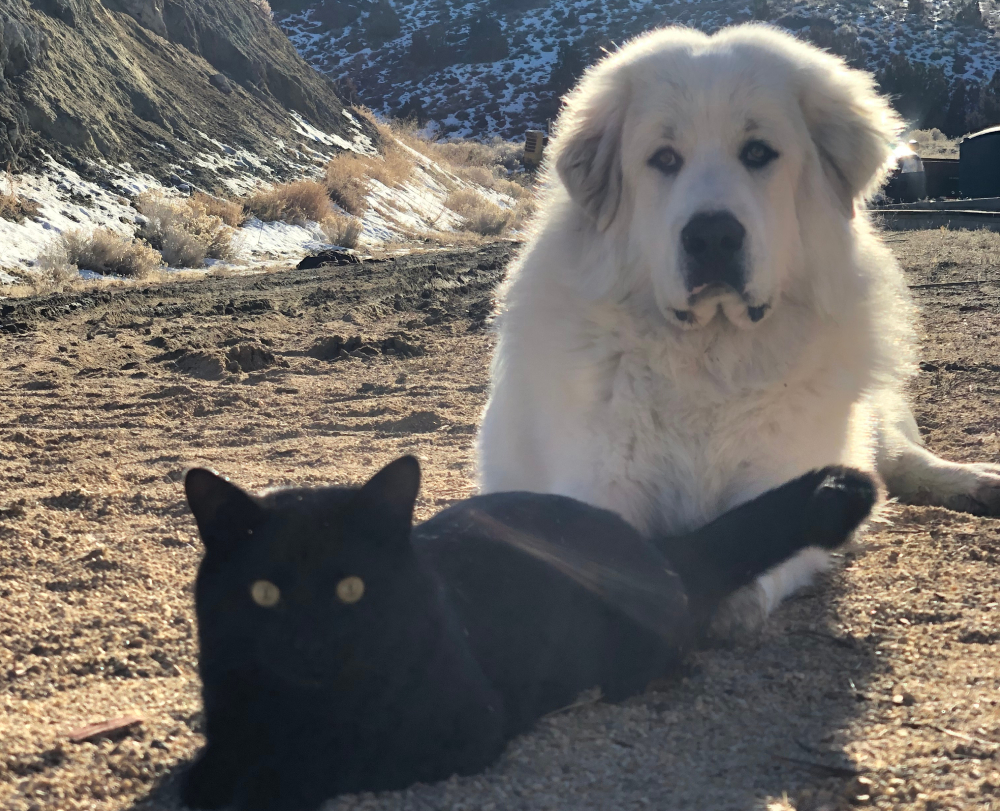
What Factors Could Influence Great Pyrenees’ Relationship With Cats?
Undoubtedly, some dog owners may disagree with our assessment. We prefer to err on the side of caution in these matters. Let’s consider the breed’s temperament and how it may affect your dog’s relationship with your cat. The Great Pyrenees has been a livestock guardian for centuries. This job involved fending off predators, including bears and wolves.
This work has a lot of downtime but still requires awareness. They are staunch protectors of livestock, and they are gentle and tolerant of these animals. However, it’s the opposite case with anything or anyone who threatens the herd. These dogs are independent in a role that doesn’t need close supervision. They are also highly intelligent.
Many breeders still raise the Pyrenees for this job. They are working animals with a specific job and the instincts to fulfill this role. Remember that some personality traits become fixed in purebreds with years of selective breeding that encourages them. The breed also has a strong affection for their families and a protective nature. They can be on guard with strangers and not always accepting of other dogs, but this will greatly depend on their individual character, previous experiences, early socialization and living circumstances, with the amount of daily physical exercise and mental stimulation. Genetics can also play a role, but most dogs, if trained from an early age as puppies, can learn to live with cats and kittens safely, as long as there is a level of caution and supervision and no competition regarding resources.
If your Great Pyrinese had a negative previous experience with cats, it’s important to consider this before making any introductions to cats or kittens. Observe how your dog behaves and interacts with other animals, as this can say a lot about their personality and preferences. If your dog hasn’t been socialized with other animals, it’s best to take things slow and reconsider having a cat.

Final Thoughts
The Great Pyrenees excels as a family pet in households with older children. The dog will gladly share their affection with their humans and fend off threats and strangers. These instincts run deep in this breed. So, while many people say that these dogs are great with cats, there are factors that need to be considered in which they might not be the best fit. At the end of the day, though, much of how well your pets get along comes down to the individual pet, socialization, and training.
Also see:
- How Big Do Great Pyrenees Get? Average Weight & Growth Chart (Vet-Verified)
- How Much Does a Great Pyrenees Cost?
Featured Image Credit: Sierra Tango, Shutterstock
